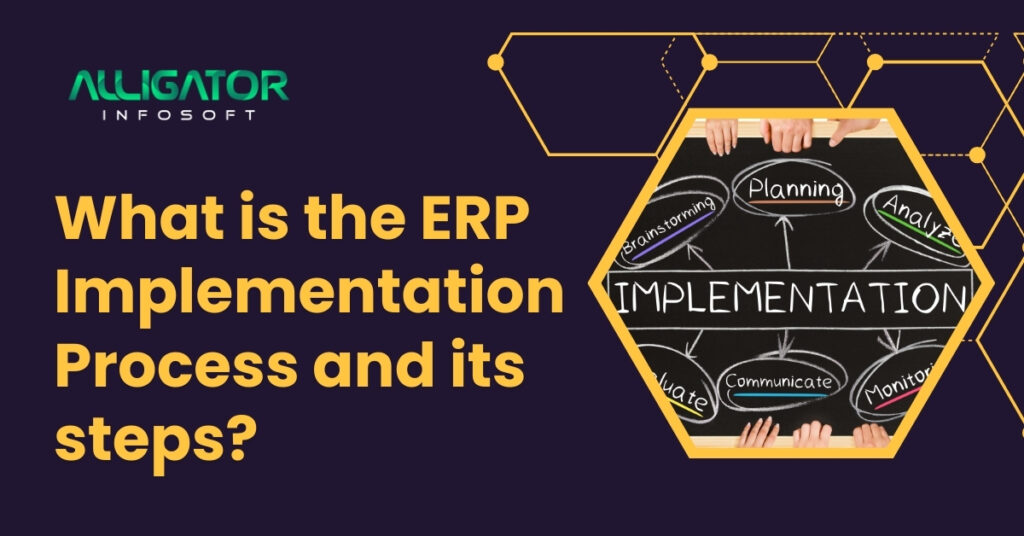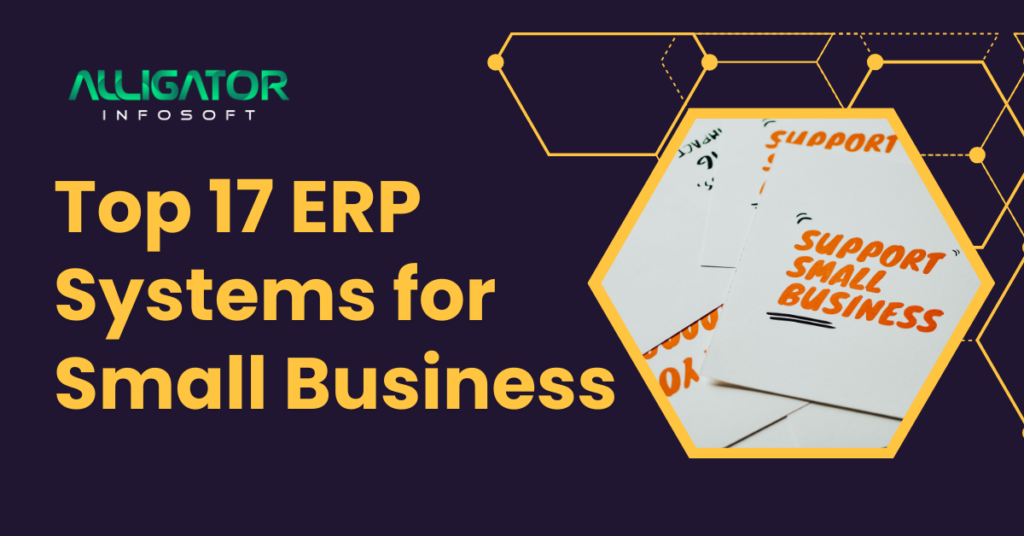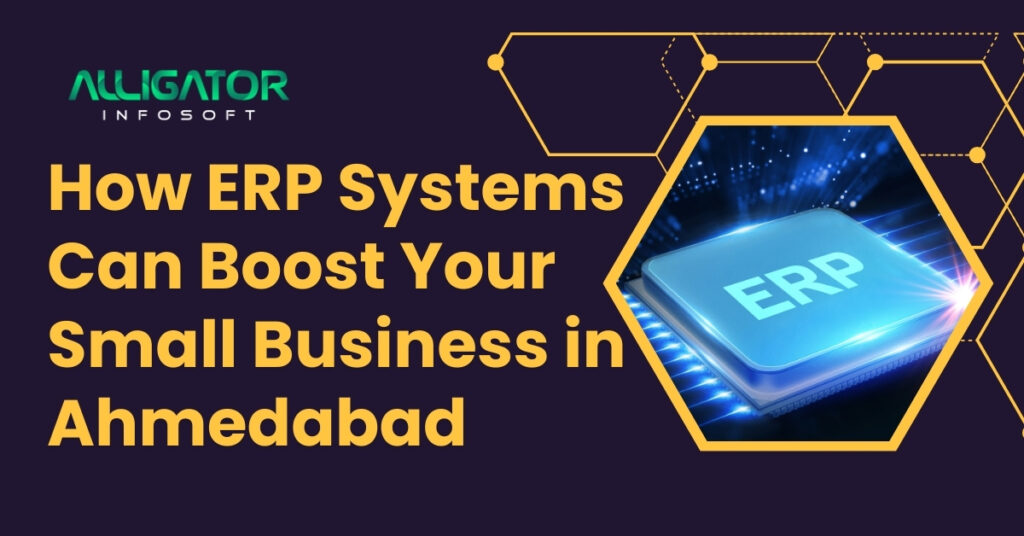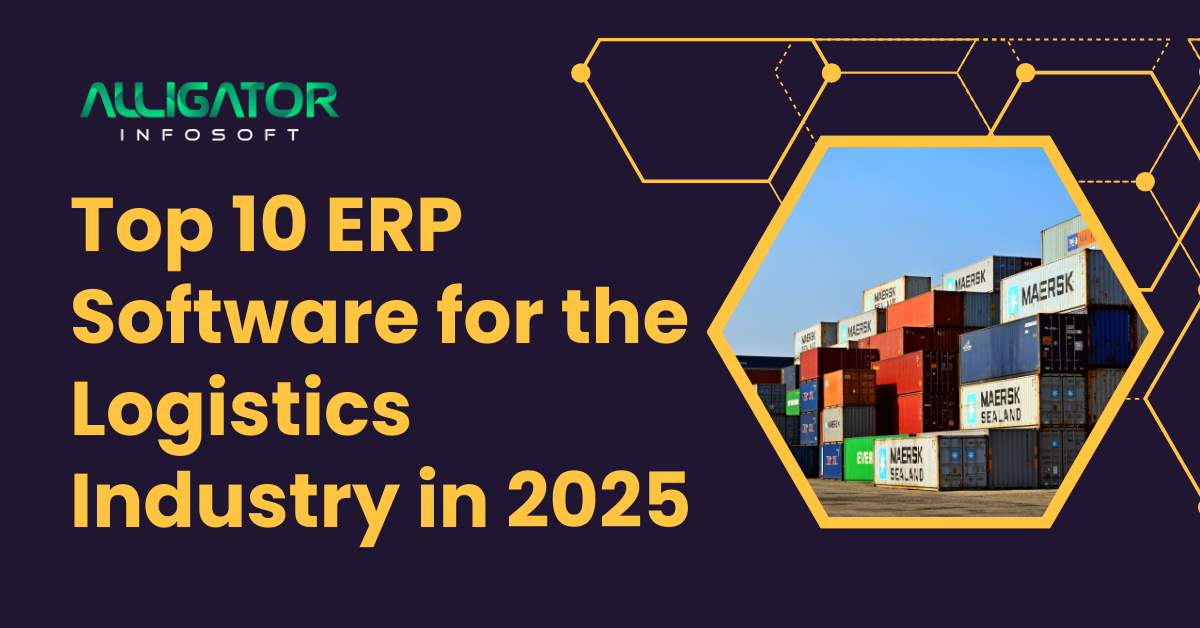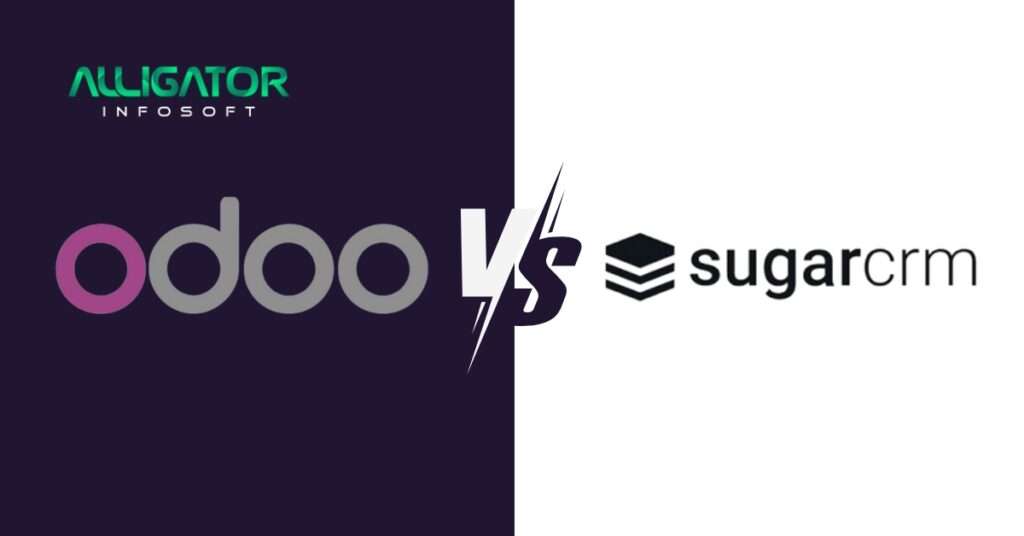What is the ERP Implementation Process and its Steps?
Implementing an Enterprise Resource Planning (ERP) system can be a game-changer for any organization. However, the process is complex and requires careful planning and execution. A successful ERP implementation can streamline business processes, enhance productivity, and provide a solid foundation for future growth. Conversely, a poorly managed implementation can lead to significant disruptions and wasted resources. This article will guide you through 15 essential steps for a successful ERP implementation, helping you avoid common pitfalls and ensuring your organization reaps the full benefits of this powerful tool. What is ERP? Enterprise Resource Planning (ERP) is a type of software that integrates various business processes into a single, unified system. This integration allows different departments within an organization such as finance, human resources, supply chain, and customer service to communicate and share data more efficiently. ERP systems are designed to improve the flow of information across the organization, reduce redundancies, and provide a centralized platform for decision-making. By bringing together all the essential functions of a business, an ERP system can help organizations operate more effectively and respond more quickly to changes in the market. What Is an ERP Implementation Process? The ERP implementation process involves planning, configuring, and deploying an ERP system within an organization. It typically begins with defining the project’s goals and ends with the system’s successful integration into daily operations. The process can take several months to a few years, depending on the organization’s size, complexity, and specific requirements. A well-planned ERP implementation is critical to ensuring that the system delivers the expected benefits and aligns with the organization’s long-term objectives. Common ERP Implementation Mistakes To Avoid 1. Lack of Clear Objective An ERP implementation requires a clear sense of direction to ensure that all efforts are aligned with business goals. Without specific objectives, the project can become unfocused, leading to inefficient use of resources and a final product that fails to meet the company’s needs. This lack of clarity can result in misaligned functionalities, unmet expectations, and ultimately a system that does not support the company’s strategic vision, hindering overall performance and return on investment. 2. Inadequate Planning ERP implementation is a complex process that requires meticulous planning. If the planning phase is rushed or incomplete, critical elements like timelines, resource allocation, and budget constraints may not be properly addressed, leading to delays, cost overruns, and a system that doesn’t meet expectations. 3. Underestimating Data Migration Complexity Data migration is one of the most challenging aspects of ERP implementation due to its complexity and critical importance. Underestimating the intricacies involved in transferring existing data to the new system can lead to substantial issues such as data loss, inconsistencies, and prolonged project timelines. These problems can disrupt business operations, compromise data integrity, and delay the benefits expected from the ERP system. 4. Poor Change Management Implementing an ERP system typically involves significant changes to a company’s operations and processes. Without effective change management, employees may resist these changes, leading to lower adoption rates and decreased productivity. This resistance can undermine the system’s effectiveness, causing delays, inefficiencies, and ultimately a diminished return on investment. 5. Insufficient Training The success of an ERP system hinges on users’ ability to navigate and utilize its features effectively. Insufficient training can result in widespread errors, operational inefficiencies, and a failure to fully leverage the system’s capabilities. When users lack the necessary knowledge and confidence, the ERP system’s potential to streamline processes, improve decision-making, and drive business growth is significantly diminished, ultimately reducing the return on investment. 6. Ignoring Customization Needs Every business has unique processes and requirements that an off-the-shelf ERP system may not fully address. Ignoring the need for system customization can lead to an ERP solution that falls short in meeting specific business needs, leaving critical gaps in functionality. This often forces users to resort to inefficient workarounds, which not only diminish the system’s effectiveness but also undermine user adoption and overall productivity. 7. Choosing the Wrong ERP Vendor Selecting an ERP vendor is a critical decision that can significantly impact the success of your implementation. Choosing the wrong vendor, whether due to inadequate research or a misalignment of needs, can result in a system that doesn’t integrate well with your existing processes, offers insufficient support, or lacks the flexibility to grow with your business. This can lead to costly adjustments, operational disruptions, and missed opportunities for optimization. 8. Poor Project Management Effective project management is crucial for the successful implementation of an ERP system. It plays a key role in ensuring that resources whether they are financial, technological, or human are allocated efficiently and effectively.Effective project management also involves proactive risk management. This involves conducting risk assessments, developing contingency plans, and continuously monitoring for new risks throughout the project lifecycle. Here are some Important points on successful ERP Implementation 1. Identify the Stakeholders and Business Objectives The first step in a successful ERP implementation is identifying the key stakeholders and clearly defining the business objectives. Stakeholders include anyone who will be affected by the new ERP system, such as employees, managers, customers, and suppliers. It’s crucial to involve these stakeholders early in the process to gather input, manage expectations, and secure their buy-in. Understanding the business objectives is equally important; these objectives should align with the organization’s overall strategy and provide a clear direction for the implementation process. Once the stakeholders and objectives are identified, it’s essential to document them in detail. This documentation will serve as a reference throughout the project, ensuring that the implementation stays on track and that the system meets the organization’s needs. Involving stakeholders in setting objectives helps create a sense of ownership and increases the likelihood of a successful implementation. 2. Assess Current Systems Before starting with a new ERP system, it’s crucial to review your current systems and processes. This review helps pinpoint areas where things might be inefficient or slow, and shows where the new ERP can make improvements. It also sets a baseline to measure how successful the new


